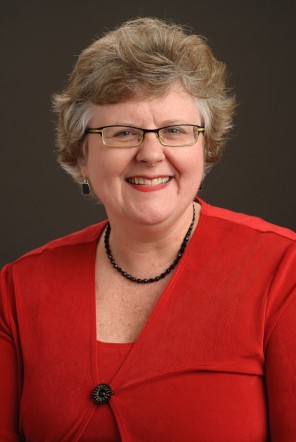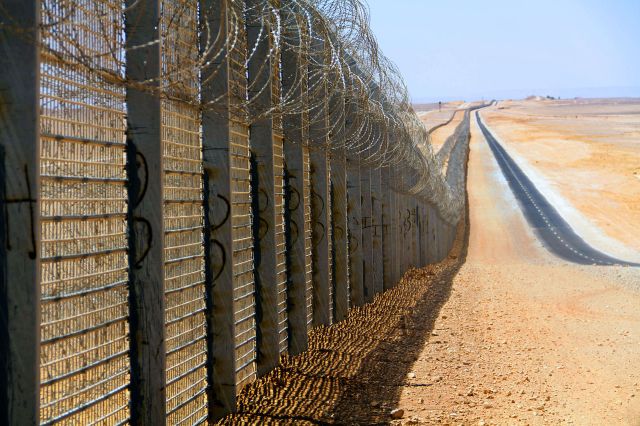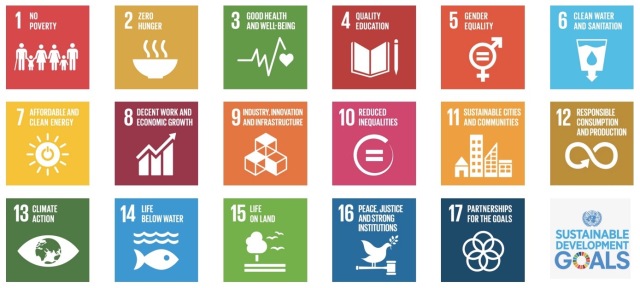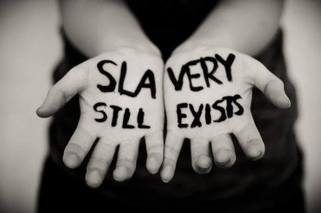This semester is now coming to a close, causing me to reflect on the past guest lectures I’ve had the opportunity to listen. All of the speakers this semester opened my eyes to issues and point of views that I would not have been exposed to if it was not for this course.
With that being said, a few in particular stood out to me.
Sherry Mariea
Mariea, from the Trulaske College of Business, gave my favorite lecture of the semester. She’s a passionate, intelligent woman and I think the world needs more women like Mariea. She is an advocate for gender equality and provided a unique perspective. For someone so passionate about women’s rights, she does not identify herself as a feminist. It was interesting to hear her reasoning for such, and found myself agreeing with her in many ways.
One story that she told that I loved was when she was beginning early on in her career as a lawyer out at a restaurant. Beforehand, a male co-worker had called her “honey”, a sexist remark he would never make toward a male co-worker. While out one evening, she saw the man and his wife. He called her over to their table and introduced her to his wife as the one that was complaining that he called her “honey”. His wife then told Mariea that she had been waiting for years for him to call her honey, brushing off the matter jokingly. Mariea gave other examples of past gender discrimination in her life and praised her husband for accepting her as an equal partner in their relationship.
Mariea presented to the class the issues that many women around the world are facing such as child marriage, gender mutilation and access to proper, higher education. Her passion for this topic was evident in her presentation and it was very engaging to the class. I would love the chance to meet with Mariea again and discuss these important issues.
Debra Mason
As a student in the Missouri School of Journalism, I enjoyed Debra Mason’s presentation. I heard a similar presentation of hers in my Cross-Cultural Journalism course last semester. However, this presentation had brand new data from this past year which was interesting to observe any changes.
The topic that Mason presented on is very important, as religion is a topic that is important to many people and influences their decision making, but is rarely discussed in media. By emphasizing the importance of understanding religious diversity and the dynamics of those that identify themselves as religious and those that don’t, Mason covered a broad range of topics that are important in the media.
I found her lecture to be informative, especially to non-journalism majors, as they can understand the need for a general understanding of religious knowledge. As a journalist, I know based off Mason’s lecture, that I need to focus more on comprehending the complexities of religion in America and globally.
The data Mason presented was compelling and surprising at times. For example, I was surprised at the increasing amount of people that identify themselves as not having any religious affiliation, which is different from atheists. It was evident to the class that Mason is extremely knowledgable.
Mason presented a few issues that journalists are facing, that the general public is not aware of. Since there has been a decline in newspaper subscriptions and advertisements, resources in newsrooms have been drastically reduced. Journalists are over-worked as many jobs have been eliminated to compensate for the lack of income. There is also little to no background training in religion for journalists, who are expected to cover a wide range of religions and get the facts right for each one. The AP Stylebook provides a quick guide for journalists to world religions and their terms to assist journalists with writing, but this at times does not suffice and can cause journalists to avoid the topic in general.
Iran
This semester has given me the opportunity to explore the nation of Iran. I entered the semester not knowing anything really concrete about Iran. After hours of research, I now have a greater understanding and respect for the Iranian people and their culture. However, it was difficult to find sources with a Middle-Eastern perspective. One that I found to be one of the better ones, is the Middle East Eye. Most news sources and articles are written from a Western perspective, making it difficult to truly gain insight about life in Iran. It was difficult at first to seriously analyze a culture so different from American culture, but it pushed me to critically think in ways I had not before. One of my favorite posts I wrote about Iran was the climate and pollution issues in Iran. I also was challenged when I researched women’s issues in Iran, as they are plentiful. It was difficult for me to understand some of their policies and oppression of women, as their culture is so different than ours. I gained insight to life as an everyday citizen of a city like Tehran, where the pollution is so bad that millions of people are forced to wear a mask to go outside everyday.
Overall, writing about Iran this semester helped me to gain insight on the people, culture, history, government and environment in Iran which has given me a greater understanding of the diverse range of cultures and nations we have in the world. I can now say I am a better global citizen because of the global issues I have been exposed to not only in this course, but those that the Iranian people are facing. As I continue on with my college career, I will continue to expand my knowledge of other cultures and maintain a knowledge of current global affairs.



















 In Sarah Mendelson’s article, “Born Free,” on preventing human trafficking she talks about the measures being done to end human trafficking. She opens the article by saying, “When it comes to generating public attention and outrage, the buying and selling of people has a lot of ghastly competition.” This quote shocked me — and rightfully so. The fact of the matter is that human trafficking has been put on the back burner for too long.
In Sarah Mendelson’s article, “Born Free,” on preventing human trafficking she talks about the measures being done to end human trafficking. She opens the article by saying, “When it comes to generating public attention and outrage, the buying and selling of people has a lot of ghastly competition.” This quote shocked me — and rightfully so. The fact of the matter is that human trafficking has been put on the back burner for too long.
